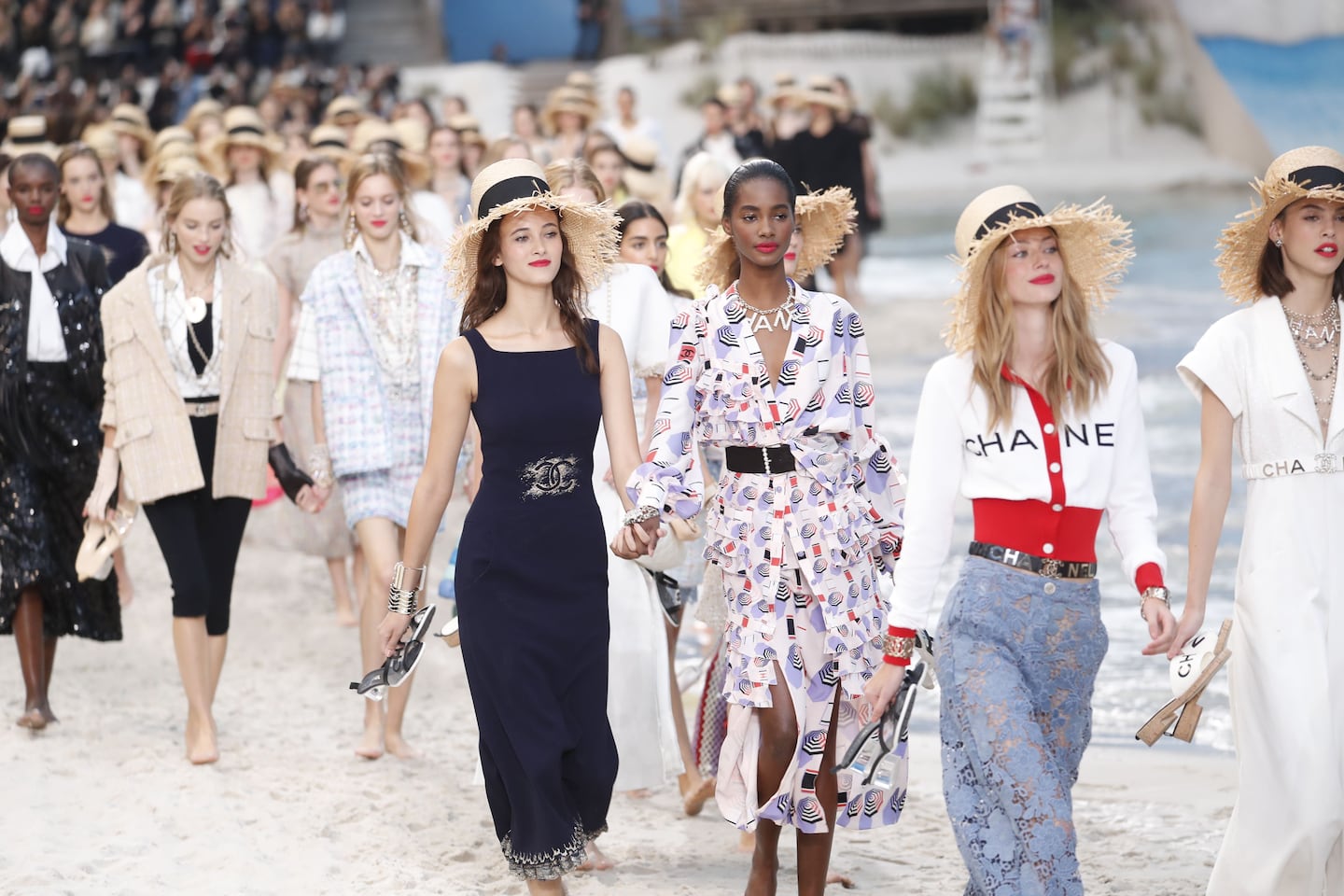
The Business of Fashion
Agenda-setting intelligence, analysis and advice for the global fashion community.

Agenda-setting intelligence, analysis and advice for the global fashion community.

LONDON, United Kingdom — At the world's biggest fashion companies, this season's hottest commodity is a chief diversity officer.
Chanel has just hired its first global head of diversity & inclusion, while brands including Gucci and Burberry PLC are also filling similar roles.
Fiona Pargeter joined Chanel this month from Swiss bank UBS where she was head of diversity & inclusion for Europe, the Middle East and Africa, according to her LinkedIn profile. Chanel said its diversity and inclusion efforts had previously been led within its People & Organization function, but it’s created the new role to lend momentum to its existing efforts. Pargeter’s appointment is “a sign of our commitment and its importance to the House,” the company said. She will report to the company’s people and communication leader.
The move comes as the fashion industry is grappling with a backlash, fuelled by social media-powered activism, that is increasingly calling out brands on actions deemed to be culturally or socially inappropriate.
ADVERTISEMENT
Perhaps the most high profile was Dolce & Gabbana, which was frozen out of China after running an ill-conceived video campaign featuring a model struggling to eat pizza with chopsticks.
In February, Gucci came under fire for selling an $890 black sweater that resembled blackface imagery. Burberry was criticised for sending a model down the runway with a noose-like accessory around her neck, and Prada SpA had to pull a $550 monkey figurine after it was called out for referencing racist caricatures.
The companies have apologised for the incidents and established new diversity initiatives, highlighting the importance of such efforts at a time of mounting consumer scrutiny.
Chanel has not been without its share of missteps. For its Spring/Summer 2015 show the company created a faux protest, parading models down the runway carrying feminist placards, sparking debate over whether the brand was appropriating feminism to sell designer handbags.
The company's late, legendary creative director, Karl Lagerfeld, also generated his share of outrage. In 2017, he evoked the Holocaust to criticise German Chancellor Angela Merkel for opening the country's borders to migrants. As a photographer, he shot Claudia Schiffer in a portfolio of images that featured the model sporting an Afro wig and darkened skin. He criticised women he considered "too fat," and was dismissive of the harassment concerns that led to the #MeToo movement.
But the storied luxury house, which employs more than 25,000 people globally, is making efforts to change with the times. While still privately owned, it's becoming more open, publishing its financial results for the first time last year. The figures confirmed the company's position as a luxury powerhouse. Chanel generated $11.1 billion in global sales in 2018 and an operating profit of nearly $3 billion.
The company also took the opportunity to highlight its commitment to fostering a culture of diversity and inclusion in its 2018 “Report to Society.” It said it was in the process of incorporating the principles into its recruitment process, setting management priorities around the issue and conducting regular compliance committee reviews.
“Enhancing inclusion and diversity is also an ongoing opportunity for Chanel,” the company said in the report. “We will continue to focus on new programs to demonstrate our appreciation for all aspects of diversity, including diversity of thought, and to further promote a more inclusive and diverse culture.”
Related Articles:
[ Fashion Has a Diversity Problem on the Business Side, TooOpens in new window ]
[ How to Handle a PR Crisis in the Age of Call-Out CultureOpens in new window ]
[ Adidas Sells Diversity. Black Employees Say It Doesn't Practice It. Opens in new window ]
From analysis of the global fashion and beauty industries to career and personal advice, BoF’s founder and CEO, Imran Amed, will be answering your questions on Sunday, February 18, 2024 during London Fashion Week.
The State of Fashion 2024 breaks down the 10 themes that will define the industry in the year ahead.
Imran Amed reviews the most important fashion stories of the year and shares his predictions on what this means for the industry in 2024.
After three days of inspiring talks, guests closed out BoF’s gathering for big thinkers with a black tie gala followed by an intimate performance from Rita Ora — guest starring Billy Porter.